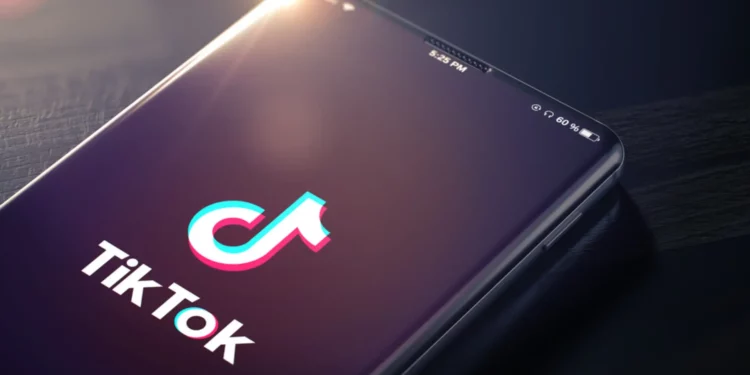If the order is not passed, TikTok could be banned in the United States within six weeks and negatively impact the companies that rely on them for sales.
TikTok has appealed to the court to temporarily block a law that requires China-based parent company ByteDance to divest TikTok by January 19 or face a ban while the case is being heard in the United States Supreme Court.
The Chinese company filed an emergency motion on Monday to the US Court of Appeals for the District of Columbia, warning that without this order, the law would come into effect and shut down TikTok, which is one of the most used speech platforms in the country with more than 170 million domestic monthly users on the day before presidential inauguration.
If the order is not passed, TikTok could be banned in the United States within six weeks, which would reduce its value for ByteDance and its investors and negatively impact the companies that rely on TikTok for sales.
Last Friday, a three-judge panel of the appeals court confirmed the law requires ByteDance to divest TikTok in the US by early next year or encounter a ban in just 42 days.
Legal representatives of the company said that there is a higher chance that the Supreme Court will consider the case and reverse it, so it is justified to temporarily pause the operations to give time for further deliberation.
The companies also pointed out that US President-elect Donald Trump has pledged to present a ban, arguing that the delay will give time for the incoming administration to establish its position, which could nullify the impending damages and the need for Supreme Court review.
The US Department of Justice stated that the appeal court should quickly reject the request so that the Supreme Court can maximize the time to review the petitions from ByteDance and TikTok. It has requested that the appeals court decide on this matter by December 16.
Unless the verdict is reversed by the Supreme Court, its future relies on President Joe Biden to either extend a 90-day extension beyond the January 19 deadline or force a sale and then on Donald Trump, who will take office on January 20.
However, it is not clear whether ByteDance will meet the heavy requirement to show it made progress towards a divestiture to qualify for an extension.
Trump has previously attempted to ban TikTok during his first term in 2020. But he started before the November presidential election that he would not allow to ban TikTok.
Mike Waltz, Trump’s incoming national security adviser, mentioned that Trump is keen to protect TikTok, emphasizing the need for Americans to access the app while safeguarding the data.
The decision supports the law that gives the US government extensive authority to ban internationally owned apps that obtain details about Americans to cause problems.
Trump also tried to ban WeChat in 2020, which is owned by Tencent, a Chinese company, but his attempts were blocked by the courts.
TikTok warned on Monday that the court ruling would interrupt the services of millions of people using TikTok past the United States. The app said that hundreds of US service providers that handle maintenance, distribution, and updates would not be able to support the TikTok platform starting from January 19.
Before its Supreme Court appeal, the company asked seasoned US Supreme Court lawyer Noel Francisco’s help.
The court paper shows that Francisco, the US solicitor general during Republican President-elect Donald Trump’s first administration, will represent TikTok with his partner Hashim Mooppan.
Francisco supported Trump’s ban on entry into the US for citizens of six predominately Muslim countries as the Justice Department’s top Supreme Court lawyer from 2017 to 2020. He has represented over 20 cases before the high court.

















